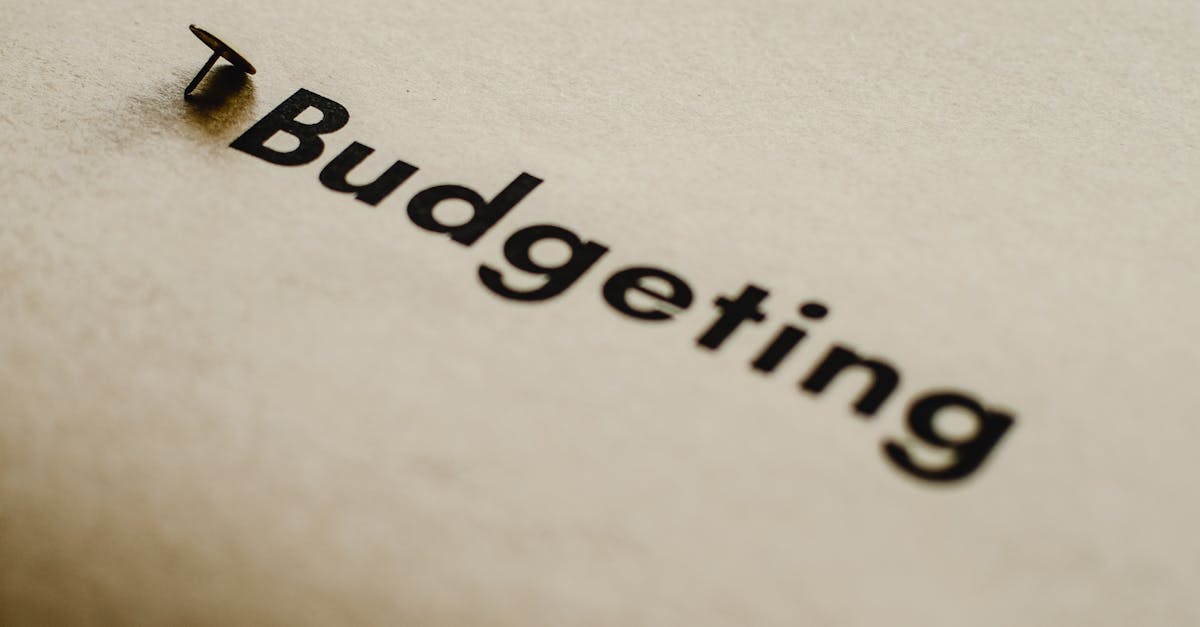Having a solid personal financial plan is crucial for managing your finances. You may use it to make sure your income is working for you, save money, and accomplish your financial objectives. Budgeting, setting savings objectives, monitoring expenditure, and periodically analysing your progress are the first steps in a sound personal financial strategy.
It should also outline your long-term financial objectives, investments, and plans for managing and lowering your debt. Making the most of your money both now and in the future may be facilitated by having a sound strategy in place. You may position yourself for financial success by taking the time to create a solid personal finance strategy.
A good personal finance plan is one that helps you manage your income and expenses in a way that allows you to save money and achieve your financial goals. It should include budgeting, setting up savings goals, tracking spending, and regularly reviewing your progress.
What’s A Good Personal Finance
A good personal finance plan is essential for achieving financial success. It involves setting up a budget, setting aside money for savings, tracking spending, and regularly reviewing progress. This will help you to manage your income and expenses in a way that allows you to save money and reach your financial goals. By having a good personal finance plan, you will be well on your way to achieving financial success.
Related Post: Which Statement Is True About Managing Personal Finances
Understanding The Basics Of Personal Finance
is key for achieving financial success. Creating a good personal finance plan is essential for managing your income and expenses in a way that allows you to save money and reach your goals. This includes budgeting, setting up savings goals, tracking spending, and regularly reviewing your progress.
By taking the time to plan and track your finances, you can ensure that you are making the most of your money and working towards achieving your financial goals.
Related Post: Why Personal Finance Is So Important
Assessing Your Financial Situation
is an important step in developing a successful personal finance plan. Taking stock of your current income, expenses, savings, and debt can help you identify areas for improvement and create a plan to reach your financial goals.
Consider using budgeting tools to track your spending, setting up automatic deposits into a savings account, and regularly reviewing your progress. With a clear plan and regular assessment, you can make sure your finances are on the right track.
Related Post: Why Does An Individual Need Protection In Relation To Personal Finance
Setting Financial Goals

is an important part of any personal finance plan. Goals give you something to work towards, and help you stay motivated. When setting goals, it’s important to be realistic and specific. Start by making a list of the things you want to achieve, and then break them down into smaller, more achievable goals.
Consider the amount of time you need to achieve these goals, as well as how you plan to track your progress. Setting financial goals also requires regular review and adjustment, as your circumstances and priorities may change. With the right goals and a good plan, you can work towards a sound financial future.
Related Post: What’s Personal Finance Class
Creating A Budget
is an essential part of a good personal finance plan. A budget helps you keep track of your income and expenses and helps you plan for the future. When creating a budget, take into account your regular bills and income, and compare them to your desired goals.
Make sure you also plan for unexpected expenses or changes in income. Once your budget is set, track your spending and review your progress regularly to ensure you’re staying on track. With a budget, you’ll be able to better understand your financial situation and be better prepared for the future.
Related Post: Which Type Of Accounting Do We Use In Personal Finance
Building An Emergency Fund
is an important part of a successful personal finance plan. This fund should be used to cover unexpected expenses, such as medical bills or car repairs, that would otherwise be difficult to pay for. Setting up an emergency fund should be one of your top financial priorities.
It should be separate from your regular savings and budgeting goals, and should ideally cover 36 months of living expenses. To build your emergency fund, start by setting up an automatic transfer from your paycheck each month into a separate account.
This will make it easier to save since you won’t be tempted to spend it. You can also look for ways to reduce your monthly expenses or increase your income to help you save more. Finally, make sure to review your progress regularly to make sure you’re staying on track.
Related Post: Why Do We Need To Study Personal Finance
Making Smart Investments
When you think about building wealth, smart investments are an important part of the puzzle. Investing your money can help you get better returns and grow your wealth over time. Before you jump in, it’s important to make sure you have a good personal finance plan in place.
This should include budgeting, setting up savings goals, tracking spending, and regularly reviewing your progress. Once you have a plan, you can decide which investments are right for you. Research the different options, such as stocks, bonds, mutual funds, and real estate, to determine which investments fit your financial goals. With thoughtful planning and diversified investments, you can enjoy long-term financial success.
Related Post: Why Personal Finance And Financial Independence Is Important
Conclusion
A good personal finance plan is an important tool to help you reach your financial goals. It takes dedication and discipline to stick to a plan but the potential rewards are worth it. With the right plan in place, you can enjoy financial freedom and the peace of mind that comes with it.
